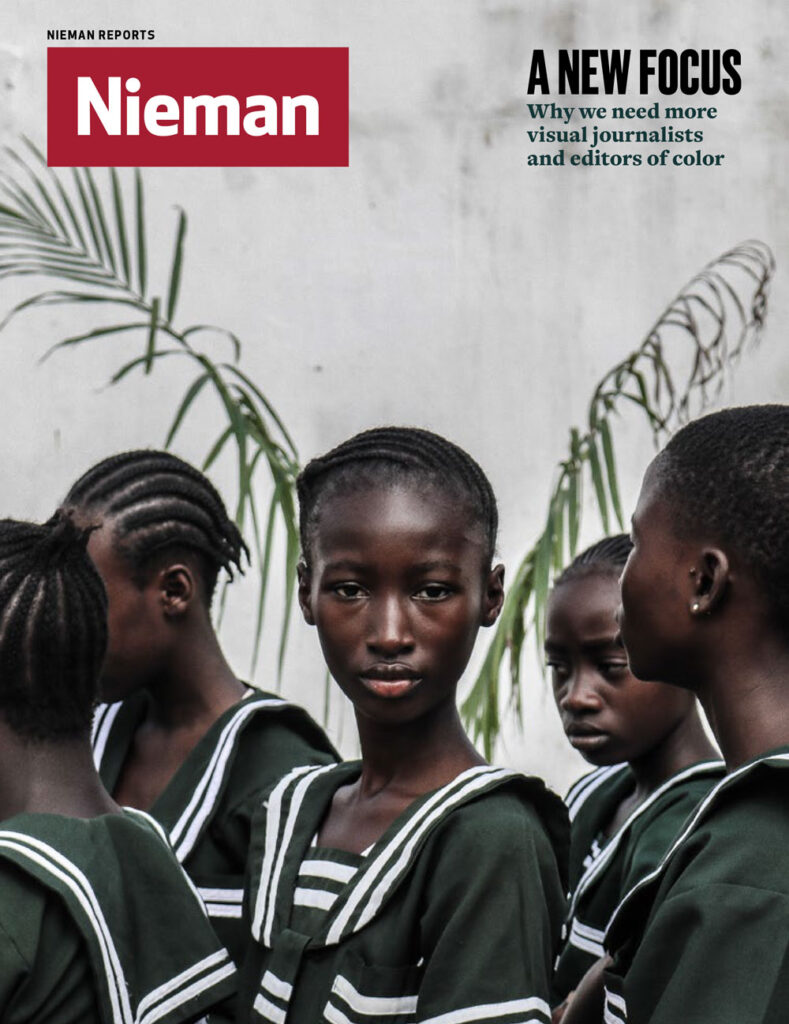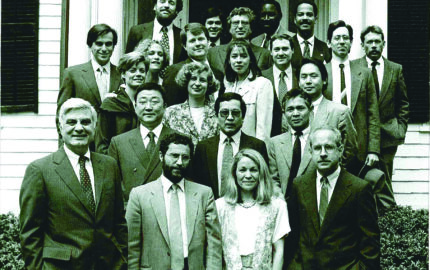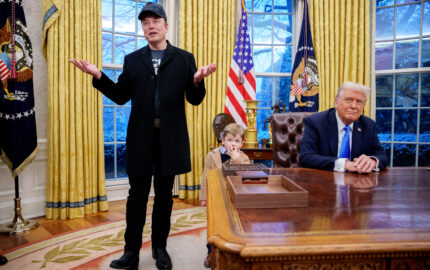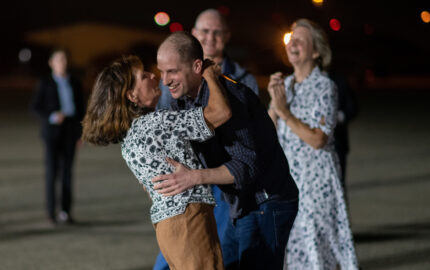I first read the lie under a competitor’s byline: the results of DNA testing on a rape case I was covering. My reporting partner and I didn’t know it was false but believed we’d been beaten on a story. We phoned the source, who repeated the lie, and we put it in the paper.
I was a young reporter, this was a long time ago, and some of the details of the deception have faded. What I can’t forget is the mix of fury and nausea that followed the realization that a public official had intentionally deceived us and, in turn, our readers, on a matter of criminal consequence. The official died in my eyes as a source that day, a protest that did no damage to his career. Of lasting consequence was the effect the story had on me. I acquired a wariness that I wore like a second skin, baptized into a fraternity defined by the motto of the old City News Bureau of Chicago: If your mother says she loves you, check it out.
Recent attacks on journalists as lying, fake, and failing have rained down from the White House, echoed by an approving chorus of political courtiers and sycophants. In an especially twisted display, some Donald Trump supporters resurrected a Nazi term for lying press, “Lügenpresse.” Many of these same accusers will routinely supersize a crowd estimate or issue unsubstantiated claims of wiretapping, seemingly without irony.
Certainly there are bad reporters and editors. Journalists themselves will call out the cheats among us and make public the wrongdoing, a value codified in the work of media critics, ombudsmen, and public editors. But the bigger scandal is found in the everyday fraud that officials and story subjects try to perpetrate upon journalists and, by extension, the public. While news organizations debate whether it is appropriate to use the word “lies” to describe the president’s baseless claims, reporters on lower profile beats are routinely facing down deceptive sources with less fanfare.
I was struck that the sting of the lie was not dependent on the scale of the story
I’ve been asking journalists to tell me their stories of being lied to on assignment. In emails, Facebook posts, and private conversations, they’ve confirmed what other journalists might suspect but that the average news consumer may underestimate. People lie to us—a lot—and in surprising ways. We don’t always catch them.
A Boston writer told me he interviewed a man who misappropriated someone else’s data “so he could get mentioned in The New York Times.” A feature subject gave a Chicago writer his boss’s name rather than his own because he “thought it would be funny.” A journalist in Warsaw found that a war camp survivor’s elaborate biography crumbled upon examination. A reporter profiled a congressman who claimed graduation from a prestigious university—not the school’s summer course for undertakers.
I was struck that the sting of the lie was not dependent on the scale of the story—or even whether the falsehood had been published. Pulitzer Prize winner Julia Keller wrote me of an incident early in her career that she regarded as both “trivial compared to other” tales of betrayal, yet still a “watershed” in her journalistic development. She had phoned a Columbus TV station to check a rumor that a popular anchor had been fired. The general manager denied it and Keller moved on, only to discover later that he’d already sacked the anchor.
“I called the GM and said, ‘But you said’—and he replied, ‘I lied.’ And he laughed,” recalled Keller. “It was the laugh that got to me. I was in my early 20s and the idea of being deliberately lied to was just unthinkable. I can’t believe I was ever that innocent.”
The Nieman Foundation recently hosted a discussion among four of the country’s most decorated investigative reporters and I asked them if they could recount a deception that formed them as journalists. No one hesitated.
The Chicago Tribune’s Michael J. Berens described being “greatly embarrassed” by lies he unwittingly published while covering the police beat early in his career. Once, cops took credit for catching a rapist who in fact had been captured by the victim’s family. “It’s actually what drove me to investigative reporting,” he said.
The New York Times’s Audra Burch, who once investigated the deaths of children in Florida’s welfare system for the Miami Herald, recalled the discrepancies between what state officials told her and what she could plainly see in records. “What I have does not match what you’re saying,” she explained to them.
The Washington Post’s Dana Priest, winner of two Pulitzers, described her search for the “many good people in government who want to do the right thing, who don’t like lying” and her avoidance of Washington’s “huge public affairs apparatus.” She said, “They are there… to spin you, and if that includes lying to you, so be it.”
Reporting requires a curious crouch— open to people’s stories at the same time we’re steeled against deceit
The Boston Globe’s Michael Rezendes was on the Spotlight team that won a Pulitzer for its investigation into sexual abuse by Catholic priests. More than 14 years after Cardinal Bernard F. Law resigned as Boston’s archbishop, Rezendes still seemed disquieted by the memory of Law’s notorious denials of clergy abuse. “It was extraordinary to see this man, the moral authority of our community, get up and lie over and over again,” Rezendes said.
I asked Rezendes how that impacted him. “Well, I like to say I’m not cynical,” he answered, “but I am skeptical pretty much all the time.”
He describes many of us. Sometimes I’ll listen to press conferences or televised interviews and detect an indignation beating just beneath the surface of the questions. I know how it looks—that journalists are combative. But often, I think, it springs from an impatience for the truth and too much familiarity with its enemy. We should be more transparent about these experiences that have formed us. We should be more emphatic about the value of skepticism in the public interest.
Reporting requires a curious crouch—open to people’s stories at the same time we’re steeled against deceit. It’s a worthy pose.




